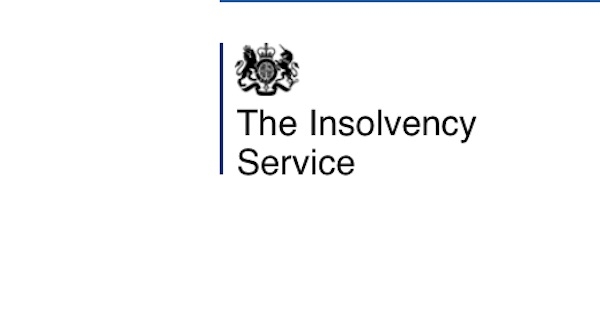The directors of a payday loan company who used money from a pension liberation scheme to pay off company debts have been banned for a total of 20 years.
Three directors of payday lender Speed-e-Loans.com Limited (SEL) have been disqualified from acting as a directors following an investigation by The Insolvency Service.
The Secretary of State for Business, Energy, & Industrial Strategy accepted disqualification undertakings from Philip Miller for nine years, Robert Alan Davies for six years and Daniel Jonathan Miller for five years. At administration, Speed-e-Loans.com Limited had assets listed at £150,269 and liabilities of nearly £4.4m.
All three directors breached their fiduciary duties and the duties of care, skill and diligence, said the government’s Insolvency Service.
Philip Miller caused SEL “at a time when it was not solvent and had ceased lending to new clients” to receive funds from private investors via pension liberation schemes. His son Daniel Jonathan Miller and Robert Alan Davies also allowed the receipt of funds to happen.
As a result pension investors became liable to pay a substantial tax charge and were also exposed to the risk of penalties. SEL received £1.2m from private investors, funds which “were in jeopardy and were lost in the events that happened.”
SEL traded as a pay-day loan provider from February 2010 until July 2012, when it’s then managing director was suspended. A new managing director was appointed and SEL ceased lending to new clients by August 2012, ceasing active new trading. At a board meeting, the directors sought new opportunities for the investment of new cash into SEL.
Phillip Miller (a director and major shareholder) presented a proposal for SEL to receive money from a pensions liberation scheme set up by third party brokers.
SEL was to be the investment through which members of the public derived guaranteed annual dividend payments of 5% as well as a guaranteed return of the whole of their “investments” in 10 years. The terms were that SEL would receive 54% of the moneys provided by the public but be contractually obliged to repay 100% plus an annual 5% dividend. The board agreed by majority to the proposals and set in place the necessary pension trusts and paperwork.
From October 2012, members of the public invested through brokers at least £2.6m, of which at least £1.2m was received by SEL, and none of which was used by SEL to trade. These moneys were utilised to meet existing debt repayments of SEL.
In January 2013 SEL became aware that that one of the brokers responsible for the scheme was on trial for fraud. SEL continued receiving investments until May 2013. During May 2013 a BBC documentary was shown raising clear concerns over such schemes. SEL sought professional advice and entered into administration in June 2013.
Cheryl Lambert, chief investigator at the Insolvency Service, said: “The directors were collectively, and at the kindest interpretation, recklessly negligent in their desperation to save the company.
“None of them asked simple, obvious questions when it should have been clear to them the brokers were taking nearly 50% in fees, nor the type of scheme they had become involved with and the individuals who were pushing the scheme.”
Philip Miller, the proposer and principal character, stood to gain financially from the transactions through a commission and so his actions demand the harshest criticism, said the Insolvency Service.
ends.
Taking action against the people most responsible is a warning to all directors that such behaviour will attract in a very significant sanction. You cannot hide behind a lack of technical knowledge of specialist schemes – you have to exercise independent and critical thought.

